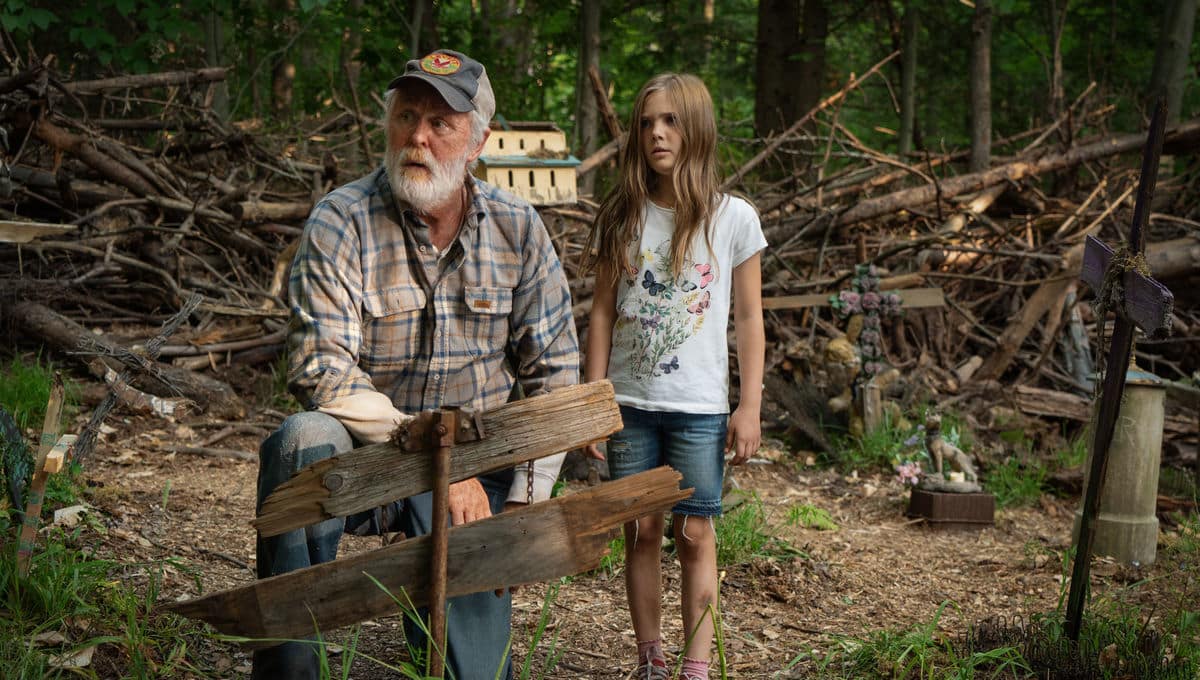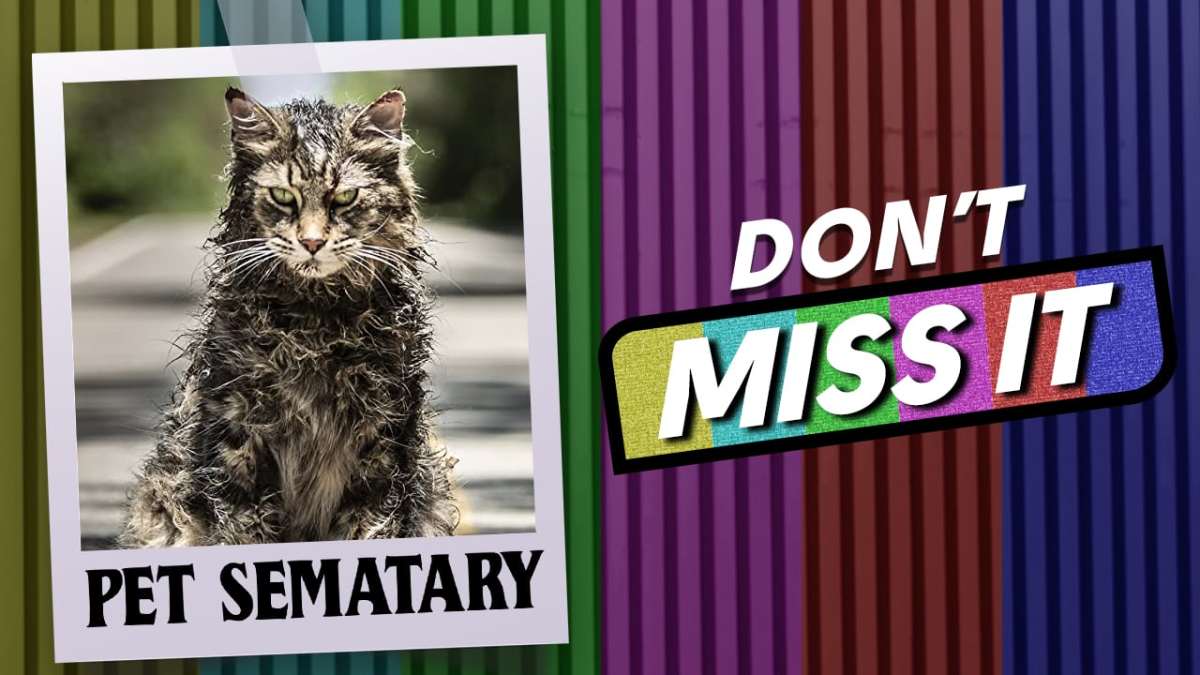Stephen King has a pretty mixed record when it comes to cinematic adaptations of his work.
There are obviously any number of success stories, from The Shawshank Redemption to Misery to The Shining. There are even underappreciated gems like The Mist or Needful Themes. However, there is also an awful lot of dreck like The Dark Tower or Dreamcatcher. This makes a certain amount of sense, given that King is a notoriously prolific writer. There’s a lot of variation in the quality of his output, so it makes sense that there would also be a lot of variation in the quality of an adaptation.
However, the past few years have been kind to King. On television, shows like Castle Rock, Mr. Mercedes, and The Outsider have accrued cult followings. In cinema, IT and IT: Chapter Two garnered impressive reviews and solid box office returns. Doctor Sleep managed to reconcile King and Kubrick. There have been duds, but they have been contained. In the Tall Grass was released quietly on Netflix where it, appropriately enough, quickly disappeared among the weeds.
Kevin Kölsch and Dennis Widmyer’s Pet Sematary got lost amid the shuffle. This is understandable. It is not as polished or as ambitious a film as Doctor Sleep or the IT duology. (It cost only $21M, less than half the budget of Doctor Sleep.) Despite the cult popularity of the 1989 adaptation and its sequel, Pet Sematary is not exactly crushed under the weight of audience expectations. This gives Kölsch and Widmyer a great deal of freedom with which they operate.
This is appropriate. Pet Sematary is notorious as one of King’s bleakest and most brutal horror novels. By his own account, King locked the original manuscript in his office drawer, thinking that he had gone “too far.” It isn’t simply that the subject matter is bleak; it is that the novel itself is unrelenting and unapologetic. Pet Sematary is a story that is designed to tap into core parental anxieties with no finesse and little elegance. This isn’t a chamber piece; it’s Grand Guignol.
The primal horror at the heart of Pet Sematary is juxtaposed against a narrative engine built for efficiency more than elegance. The plot is driven by a combination of elements that were clichés long before the novel was published, to the point that the entire story might be seen as an extended riff on the classic horror story The Monkey’s Paw. The narrative operates caught between these extremes, every parent’s worst nightmare delivered with all the subtlety of a sledgehammer.
There’s a grubby quality to Pet Sematary that rubs off on the most recent cinematic adaptation. As with a lot of King adaptations, Kölsch and Widmyer borrow more than a few visual cues from The Shining. However, the directors eagerly lean into the pulpier aspects of the story. There is very little new or surprising in Pet Sematary, but that is a large part of the appeal. There’s a compelling simplicity to Pet Sematary, a sense that it knows exactly what it is offering.

Modern mainstream cinematic horror exists in a variety of different modes. To start with, there’s the obvious direct-to-video low-rent schlock. Then there are the more polished horror blockbusters like The Conjuring, films smoothed to meet populist popcorn sensibilities. In indie cinema, recent years have seen an explosion in so-called “elevated horror” like Hereditary, films that fuse horror conventions with heightened drama to provide an intersection between the two.
Appropriately enough, Pet Sematary exists in a liminal space. It is too polished and too well-made to count among the direct-to-video schlock. It is too abrasive and too trashy to really fit alongside mainstream blockbuster horror. It is also too straightforward and too conventional to align itself with modern indie horror. The result is a fascinating hybrid, an extremely polished and extremely trashy film, but one without lofty aspirations beyond unsettling its audience.
This requires a very fine balance, and Pet Sematary occasionally stumbles. The third act veers a little bit too far into conventional slasher territory, and the ending works better conceptually than logically. However, for the bulk of its runtime, Pet Sematary is an effectively unsettling piece of mainstream horror. It is well made and well executed, but also compellingly direct in what it is trying to do and how it is trying to do it.
Pet Sematary is streaming now on Amazon Prime.






Published: Mar 29, 2020 01:00 pm